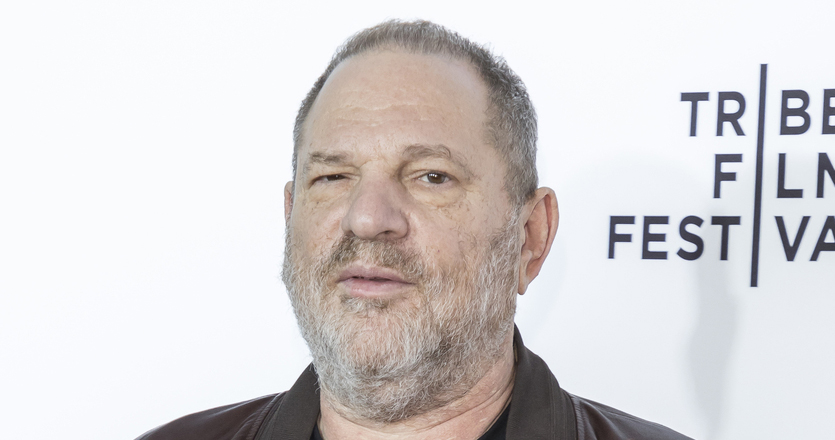Harvey Weinstein is indicted; could other accusers testify at trial?

Harvey Weinstein. Sam Aronov / Shutterstock.com
Producer Harvey Weinstein opted not to testify before a grand jury that indicted him Wednesday on charges of rape and criminal sexual assault.
A lawyer for Weinstein, Benjamin Brafman, said Weinstein didn’t testify before the Manhattan grand jury because he was denied access to information and there wasn’t enough time to prepare, report the National Law Journal, the New York Times and the Washington Post.
One count, alleging a first-degree criminal sexual act, accuses Weinstein of forcing a woman to perform oral sex in 2004. First and third-degree rape counts involve alleged sex by “forcible compulsion” in 2013. According to the New York Times, one of the women who accused Weinstein said the oral sex occurred during what she thought would be a casting meeting at the Miramax office in TriBeCa. The rape allegedly occurred at a DoubleTree hotel.
The most serious charges carry a possible sentence of five to 25 years in prison.
Brafman says the sex was consensual. He said the woman who accused Weinstein of rape had a 10-year consensual relationship with him that continued after the alleged incident in 2013.
The Hollywood Reporter published a story that considered whether prosecutors would be able to introduce evidence of prior incidents at trial. The story noted that five women testified at the retrial of Bill Cosby about “prior bad acts” in which they said Cosby drugged and assaulted them. Cosby was convicted in April of sexually assaulting a Temple University employee, and the bad acts testimony is likely to be the most significant issue in Cosby’s appeal.
Mark Bederow, a former prosecutor in the Manhattan District Attorney’s office, told the Hollywood Reporter that evidence of prior bad acts is generally not allowed. Prosecutors can’t introduce such testimony to show the defendant is a bad person, but they may be able to get the testimony admitted to show the defendant committed a signature type of crime, the New Yorker reported in 2016.
“I suppose when it comes to Weinstein, they will argue a ‘casting couch’ scenario,” Bederow said. “The defense will oppose this vigorously, and if they lose, their task becomes Herculean. It’s always a balancing act between relevance and prejudice.”
Bederow also said the defense would like seek to have the two alleged crimes tried separately to avoid prejudice.
Another expert, Pace law professor Bennett Gershman, said he expects a plea bargain rather than a trial.



